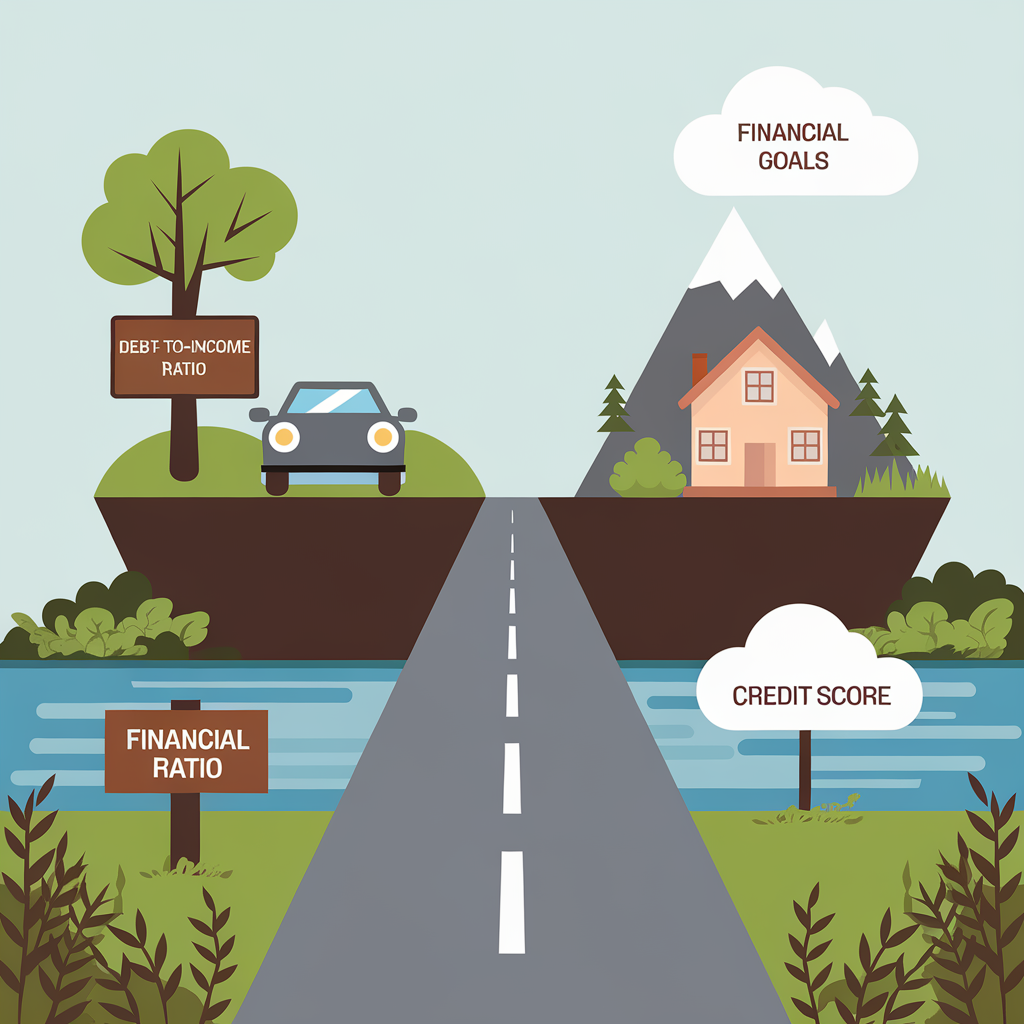Mastering Your Finances: The Power of Tracking Your Spending
Managing your money effectively is crucial for achieving your financial goals, and one of the most powerful tools at your disposal is tracking your spending. By understanding where each dollar goes, you can make informed decisions, adjust your cash flow, and save more towards your financial objectives. At O1ne Mortgage, we believe in empowering our clients with the knowledge and tools to achieve financial stability. Call us at 213-732-3074 for any mortgage service needs.
Why Track Your Spending?
Tracking your spending might seem like a simple task, but its impact can be profound. Consistently monitoring your expenses can help you avoid debt, achieve your goals, and more. Here are five compelling reasons to start tracking your spending today.
1. Stick With Your Budget
One of the primary reasons to track your spending is to help you adhere to your budget. When you create a budget, you set targets for your expenses and allocate funds to various categories. Without a system to track your actual spending, it’s easy to overspend and blow your budget.
Using a budgeting app, a spreadsheet, or even a pen and paper can help you make real-time decisions and cut back if you’re overspending in a particular area. For instance, if you exceed your grocery budget for the week, you can adjust by reducing spending in other categories like dining out or shopping. This real-time course correction helps you maintain a positive cash flow.
2. Spot Ways to Cut Back
Tracking your spending not only helps you avoid overspending but also provides valuable insights into your spending habits. This information can be used to tweak your discretionary spending. For example, if you notice you’re spending more on takeout than you’d like, you can develop new habits like cooking at home or meal prepping to save money.
Becoming more conscious of your spending patterns is the first step towards building frugal habits and cutting back on unnecessary expenses.
3. Avoid Debt
Monitoring your spending throughout the week and month can help you avoid debt. By spending less than you earn, you can avoid relying on credit cards to cover the difference. When you do use credit cards, tracking your purchases ensures you’re spending within your means and can pay off your balance before the end of the grace period to avoid interest charges.
If you currently carry balances, tracking your spending can help you free up funds to pay off your debts faster. By being aware of your expenses, sticking to a budget, and finding new ways to cut back, you can allocate more funds towards debt repayment, saving money on interest in the long run.
4. Reach New Goals
A spending log can make it easier to set and achieve new savings goals. Knowing where your money goes gives you a reliable idea of how much you can save each month after covering your expenses. This helps you create a realistic plan for saving towards specific goals, whether it’s building an emergency fund, saving for a down payment on a house, or creating a travel fund.
Setting up automatic transfers into your savings account can help you stay on track. Planning ahead for large expenses and building emergency savings enhances your financial resilience and stability.
5. Plan for Taxes
Tracking your expenses throughout the year can simplify tax season. The more organized you are, the easier it will be to file on time and receive any tax refunds you’re owed.
For example, claiming credits like the child and dependent care credit or the American opportunity tax credit requires you to have qualified expenses. If you work as a freelancer, have a side gig, or own a small business, tracking your spending is even more critical. You can deduct certain business-related expenses from your self-employment income, making good record-keeping essential.
The Bottom Line
Tracking your spending bridges the gap between your budget goals and your actual spending. Staying aware of your finances, spending less than you earn, avoiding debt, and building savings are key habits that contribute to financial stability and wealth growth over time.
In addition to tracking your spending, consider monitoring your credit for free through Experian. Understanding your credit report and score can help you qualify for better credit and loan options, and provide personalized insights to improve your score.
At O1ne Mortgage, we’re here to support you in your financial journey. For any mortgage service needs, call us at 213-732-3074. Let us help you achieve your financial goals and build a secure future.

